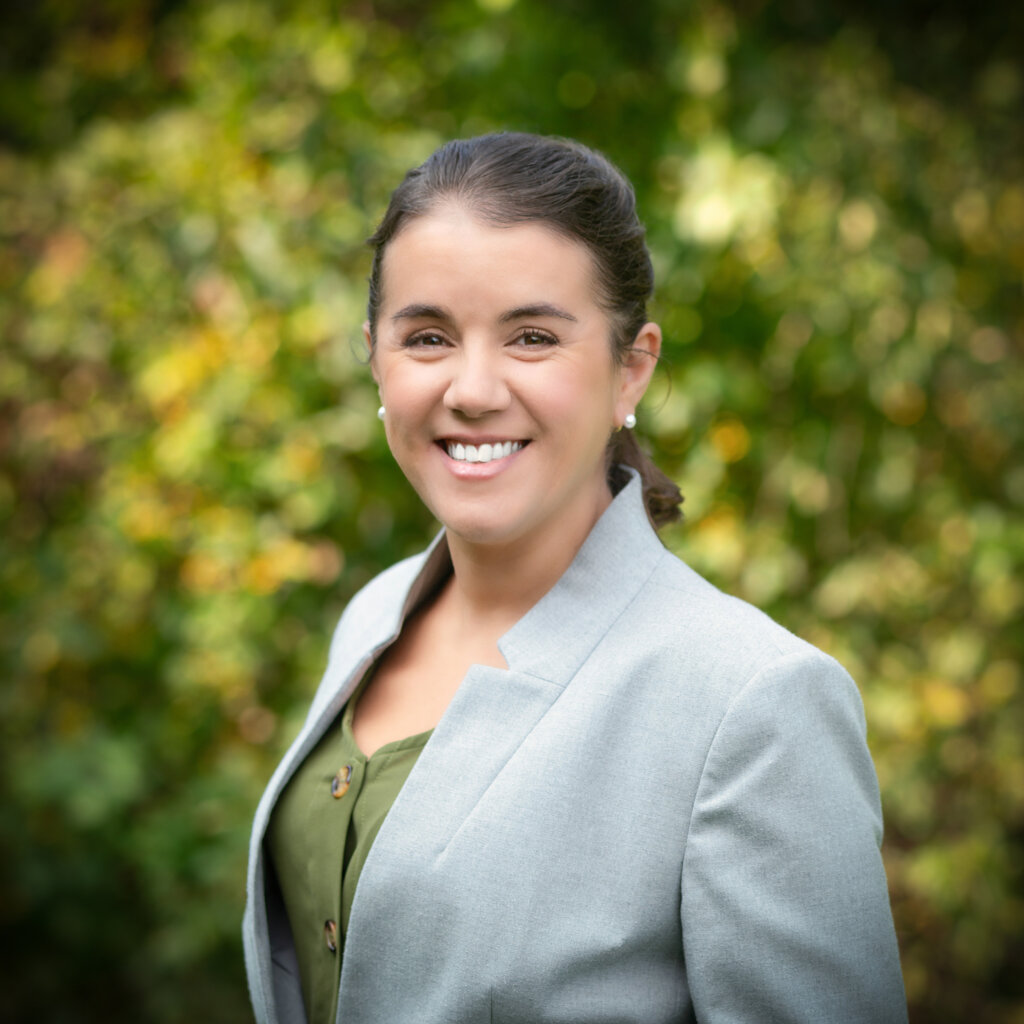By Attorney Erin L. Nunes, Partner

The landscape of aging is changing. Gone are the days when a spouse and children automatically formed the safety net for later life. Today, a growing number of adults are facing their later years alone, navigating the joys and challenges of solo aging. Statistics from the U.S. Census Bureau paint a vivid picture: in 2021, about 22.1 million adults 55 and older lived alone, among whom 6.1 million had no children. AARP’s survey further underscores this trend, revealing that 12% of the population over 50 who live alone, are unmarried or unpartnered, and have no living children.
These “solo agers,” as they’re sometimes called, represent a significant and valuable segment of our communities. They are independent, resourceful, and often deeply engaged in their own lives. Yet, amidst the freedom and self-reliance, solo agers also face unique challenges. One of the most pressing concerns is planning for the future, particularly when it comes to healthcare and financial decisions. Traditionally, spouses or adult children have played a crucial role in supporting these decisions. For solo agers, the question becomes: who steps in when there’s no immediate family?
The uncertainties surrounding this question can be daunting:
- Who do I trust to have access to my financial resources, to handle bill-paying, and manage my real estate?
- Who knows my wishes regarding medical care, and who would honor those wishes in their decision-making if I couldn’t speak them for myself?
- Do I have plans in place to support my care needs as I get older?
- Is it important to me to preserve my assets for my beneficiaries?
- Is it important to me to have full access to my assets to use them for my own retirement and possible care?
- After I’m gone, have a chosen a trusted person to handle my estate?
These are not easy questions, but they are essential ones. By proactively addressing them, solo agers can gain peace of mind and ensure their future needs are met. Here are some steps you can take:
Create legal documents: Having a power of attorney and an advanced directive in place is crucial. These documents allow you to designate someone you trust to make financial and medical decisions on your behalf in the event you are unable to do so yourself.
Seek professional guidance: Consult with an elder law attorney and a financial planner to develop a comprehensive plan that addresses your specific needs and goals.
Build your support network: Connect with other solo agers through community groups, online forums, or local senior centers. Having a network of supportive individuals can combat loneliness and provide valuable resources and advice.
Explore alternative care options: Research assisted living facilities, home care services, or co-housing communities that cater to the needs of independent seniors.
Stay informed: Keep yourself updated on the latest resources and services available to solo agers. Utilize organizations like the AARP and the National Council on Aging for valuable information and support.
Remember, solo aging is not a solitary journey. With careful planning, proactive decision-making, and a strong support network, you can navigate this stage of life with confidence and grace. Embrace the freedom and independence that solo aging offers, while also taking steps to secure your future and ensure your well-being. By doing so, you can turn the challenges into opportunities, forging a path filled with purpose, connection, and a sense of fulfillment.
An experienced elder law attorney can guide you in considering these questions, and create a thorough and thoughtful estate plan that incorporates your wishes and helps address matters that concern you. To schedule a free, personalized consultation with one of our attorneys, please contact our office at 508-994-5200, or visit our website at www.myfamilyestateplanning.com.
©Surprenant & Beneski, P.C. 35 Arnold Street, New Bedford, MA 02740, 336 South Street, Hyannis MA 02601 and 45 Bristol Drive, Easton MA 02375. This article is for illustration purposes only. This article does not constitute legal advice. There is no attorney/client relationship created with Surprenant & Beneski, P.C. by this article. DO NOT make decisions based upon information in this article. Every family is unique and legal advice can only be given after an individual consultation with an elder law attorney. Any decisions made without proper legal advice may cause significant legal and financial problems.

